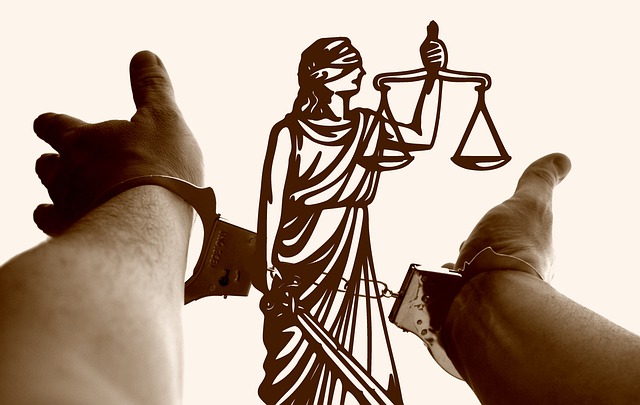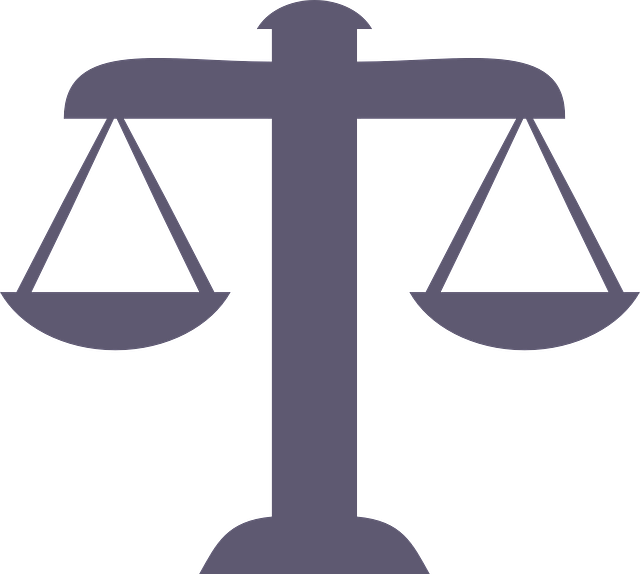Understanding Personal Injury Settlement Offers involves evaluating case value, including medical expenses, lost wages, and pain & suffering, through strategic negotiations with insurers or defendants. A strong legal track record guides victims in making informed decisions. Law enforcement plays a crucial role in initial responses, evidence gathering, and witness interviews, ensuring justice and guiding victims through settlement offers, especially in complex cases.
“Navigating personal injury cases requires a deep understanding of the legal process, especially regarding settlement offers and law enforcement’s role. This comprehensive guide breaks down critical aspects of criminal law enforcement as they pertain to personal injury claims. From evaluating liability and damages to the rights and strategies involved in settlement negotiations, this article equips readers with essential knowledge. By exploring these key components, individuals can better protect themselves and make informed decisions in legal proceedings.”
- Personal Injury: Understanding the Legal Process
- Settlement Offers: Rights and Negotiation Strategies
- Evaluating Liability and Damages in Personal Injury Cases
- The Role of Law Enforcement in Personal Injury Claims
Personal Injury: Understanding the Legal Process

Personal injury cases encompass a wide range of legal issues, from car accidents to medical malpractice. Understanding the legal process behind personal injury settlements is crucial for victims seeking justice and fair compensation. When an individual suffers harm due to another’s negligence or intentional actions, they have the right to pursue legal action to recover damages. This often involves navigating complex procedures, gathering evidence, and negotiating with insurance companies or defendants.
Settling a personal injury claim begins with assessing the value of the case. Understanding Personal Injury Settlement Offers requires victims to consider factors such as medical expenses, lost wages, pain and suffering, and potential future costs. The process involves extensive negotiations, where plaintiffs or their legal representatives communicate with insurers to reach an agreement on compensation. An unprecedented track record of successful settlements across the country underscores the importance of knowledgeable legal counsel in navigating this intricate landscape.
Settlement Offers: Rights and Negotiation Strategies

When it comes to personal injury claims, settlement offers play a pivotal role in reaching a resolution before trial. Understanding these offers is crucial for anyone navigating the complex landscape of criminal law enforcement and civil litigation, especially when dealing with high-stakes cases across the country. The process involves negotiating with insurance companies or defendants to reach an agreement on compensation.
An effective strategy for both plaintiffs and their legal representatives is to thoroughly evaluate settlement proposals, considering the potential outcomes of a trial versus accepting an offer. While aiming for winning challenging defense verdicts, it’s important to assess the strengths and weaknesses of the case, future legal costs, and the risks associated with going to court. This strategic approach ensures that settlement offers are not merely accepted but rather negotiated to achieve the best possible outcome in these intricate criminal law scenarios.
Evaluating Liability and Damages in Personal Injury Cases

When it comes to personal injury cases, evaluating liability and damages is a crucial step in understanding personal injury settlement offers. This process involves meticulous investigation and analysis of all stages of the investigative and enforcement process. Law enforcement agencies play a vital role in gathering evidence, interviewing witnesses, and establishing fault, which forms the backbone of any criminal or civil case. In personal injury litigation, determining liability often hinges on proving negligence, intent, or other criminal acts that led to the harm sustained by the victim.
The assessment of damages is equally important, as it directly impacts the final settlement amount. This includes compensatory damages for medical expenses, lost wages, and pain and suffering, among others. An unprecedented track record of successful cases can influence both parties’ expectations and negotiations. For victims, understanding these legal concepts empowers them to navigate the general criminal defense strategies employed by insurance companies and make informed decisions regarding their personal injury settlement offers.
The Role of Law Enforcement in Personal Injury Claims

Law enforcement plays a pivotal role in personal injury claims, ensuring that justice is served and victims are compensated for their losses. When an individual suffers injuries due to another party’s negligence or intentional actions, law enforcement agencies are often the first to respond, gathering evidence, interviewing witnesses, and documenting the incident. Their thorough investigations provide a foundation for understanding the circumstances surrounding the injury and can significantly impact the outcome of any subsequent legal proceedings.
In high-stakes cases, particularly those involving severe injuries or complex liability issues, the role of law enforcement becomes even more critical. Their expertise in identifying negligence, reconstructing accidents, and gathering forensic evidence is invaluable to both prosecutors and victims’ attorneys. Understanding personal injury settlement offers is essential for victims; law enforcement can assist by explaining legal options, ensuring a fair process, and advocating for the victim’s rights, especially when dealing with general criminal defense strategies or pursuing a complete dismissal of all charges.
In navigating personal injury claims, understanding the intricate interplay between law enforcement, liability evaluation, and settlement offers is paramount. By grasping the legal process, individuals can assert their rights effectively. This article has illuminated crucial aspects, from recognizing settlement strategies to comprehending the role of law enforcement in facilitating just resolutions. Armed with this knowledge, folks can navigate the complexities of personal injury cases, aiming for a symphony of fair compensation and closure.






